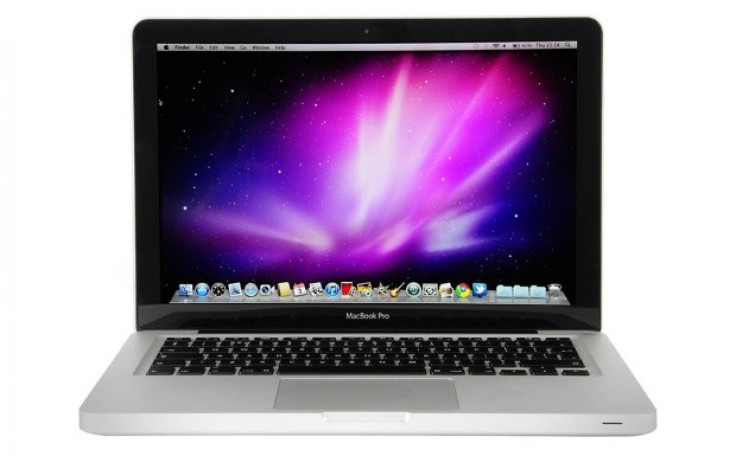iPad 3 Release Date 2012: Can a Apple Tablet Replace a PC?

Tech nerds and electronic fanatics are gearing up for the release of Apple's latest revelation: the iPad 3. Rumors have circulated that the tablet is already on its way to the U.S. from China, heightening excitement among potential buyers. But with iPhones, iPods, MacBooks, and iPads, one can be a little confused about choosing the gadget that best suits their needs.
Some might wonder, if I have an iPhone and a MacBook what's the point of getting an iPad? An iPhone is basically just a smaller iPad, right? In fact, there are nuances and features that separate these devices from each other, and each is catered to fulfill a certain purpose.
First, there's one misconception to clarify. The iPad is not meant to be a laptop replacement. Although the iPad shares functions critical to most computer owners, such as Web browsing capabilities, the device is of a different category.
In terms of functioning as a computer, an iPad is completely sufficient if you're surfing the Internet, socializing on Facebook, or browsing electronic books. But without a solid word processor and full external keyboard, users might find themselves missing their larger, three-dimensional hunk of hardware. The iPad exists more mostly as a means of consuming content rather than creating it.
However, Apple's tablet has revolutionized the way musicians and media editors create content with the availability of programs such as GarageBand and Photoshop. Music and photos can now be edited quickly and efficiently on-the-go. But creating anything complex may prove to be a difficult task without a full computer, whether it be a desktop or a laptop.
The iPad truly shines when it comes to consuming content. In the plainest context, the device is physically designed for comfort and convenience while watching a movie, streaming a video, or reading an e-book. The flat, sleek design allows the user to sit comfortably in bed or catch up on their reading while commuting to work.
This increase in iPad usage has had an impact on the mobile market as well. In 2010, laptop sales were reduced by 50 percent as the iPad gained momentum with buyers. Notebook sales, which usually grow year to year, also decreased with the release of Apple's tablet, with year-to-year sales plummeting by four percent in August 2010, reported EWeek.com.
This past March, tech consultancy Gartner lowered its PC shipment predictions for 2012, saying that increased tablet sales will result in fewer notebook and netbook purchases in the next two years, according to CNN Money.
We expect growing consumer enthusiasm for mobile PC alternatives, such as the iPad and other media tablets, to dramatically slow home mobile PC sales, Gartner research director George Shiffler told CNN.
NPD Display Search recently released a report ranking competitors in the PC market, and Apple has soared to the top. This may be surprising considering most of the company's sales come from tablet and mobile devices, not computers. The survey cited that nearly 80 percent of Apple's mobile PC shipments were iPads, and the manufacturer leads the mobile PC market with 23.4 million units sold worldwide during 2011's fourth quarter.
So before you jump in line to secure your very own iPad 3, make sure you're fully aware of its uses and features. Don't be so quick to cast your computer aside!
© Copyright IBTimes 2024. All rights reserved.












